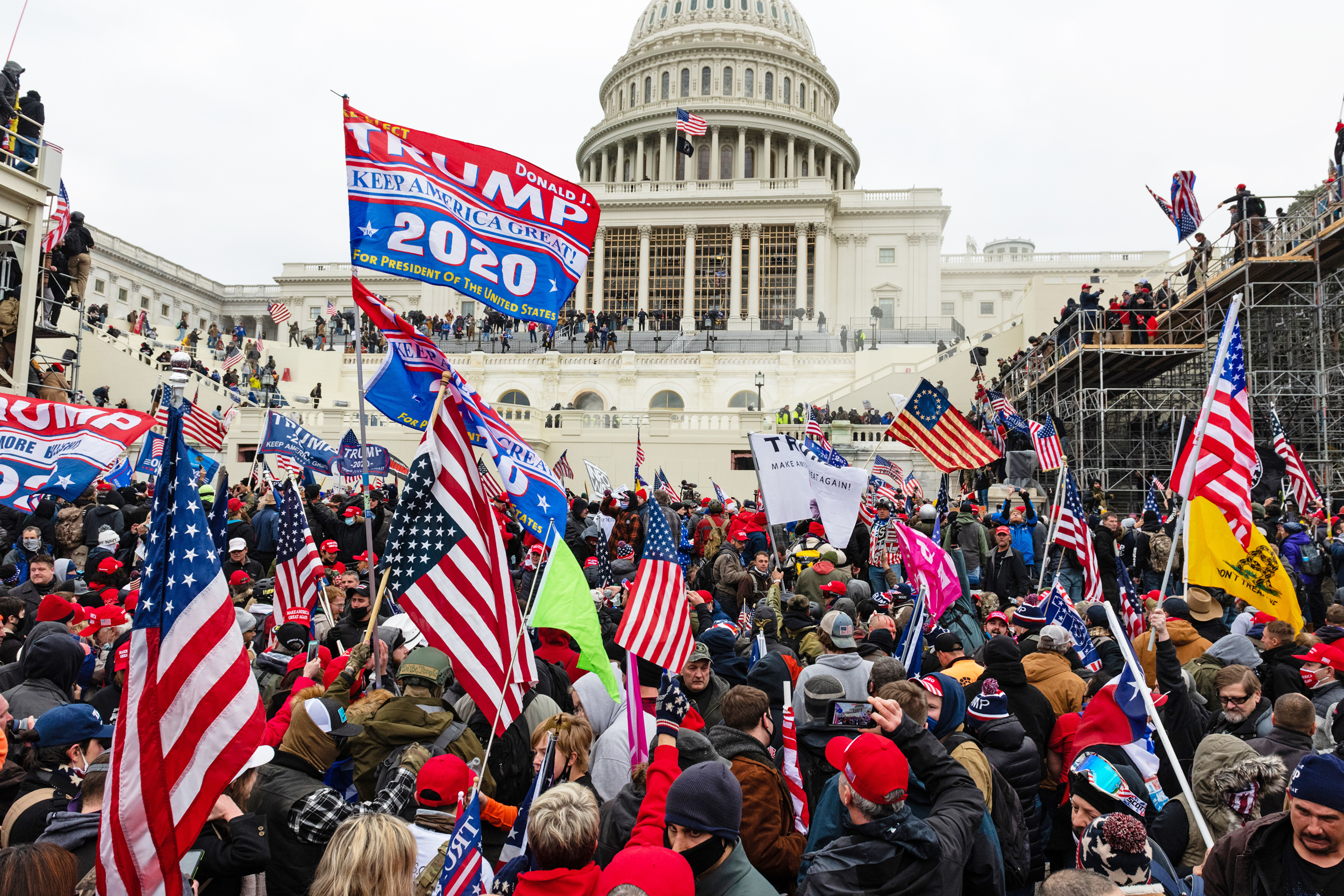A look into Utah state senator Mike Lee and how his direct involvement with the January 6th insurrection is dangerous to American democracy.

You don’t have to be a political scientist to agree that the attempt to overturn the 2020 presidential election was a huge threat to American democracy. While there is evidence of involvement from a handful of Republican politicians, Utah’s own republican state senator Mike Lee, was at the forefront of this modern-day political scandal. The term loyal opposition is a word used often throughout politics and it essentially states that when opposing parties disagree with each other, these parties continue to remain loyal to the formal sources of the government’s power. From this term, disloyal opposition was born, and applies to Utah state senator Mike Lee who was at the forefront of the attempt to overturn the Biden presidential election certification during the January 6th insurrection. A person in power who is intolerant or intentionally trying to interfere with a democratic transfer of power is extremely troubling for American democracy. This act of interference would
define the idea of a disloyal opposition perfectly.
What makes a disloyal opposition so threatening is severe bias, and temptation from party members to participate in dirty politics that could hinder democracy. An example for Mike Lee would be having direct contact with chief of staff Mark Meadows to entertain the idea of switching electoral college electors in hopes of changing already solidified votes into a Trump victory. Lee wrote to Meadows via text- “if a very small handful of states were to have their legislatures appoint alternative slates of delegates, there could be a path.”. [3] The idea of overturning an election is clearly troubling for a stable democracy like the United States. But overturning a free and fair election by a disloyal opposition would also be a direct interference of free and fair democratic elections. Lee was quoted saying that he would “exhaust every legal and constitutional remedy” [3] and was supposedly “calling state legislators for hours” [3] trying to persuade other legislators into his undemocratic politics. While Lee clearly knew that what he was attempting to do was poor politics, the Utah senator framed his phone calls to state legislators not as research queries, but as part of his quest to find a constitutional and legally defensible ways to keep Trump in office. Lee continued to push this idea up until January 6th when the election results were set to be solidified, and the insurrection occurred.
After Lee’s text were published and aired on CNN, Lee continues to claim that he never endorsed the overturning of the 2020 election despite having proof of saying otherwise. What makes a disloyal opposition so threatening is the potential of gradual backsliding in democracy due to an extremely partisan government that can never pass bills or come to partisan agreements. When thinking of nondemocratic regimes, it’s easy to think of them forming out of coups, dictatorships, or authoritarian figures and then continuing the path to an even more severe oppressive political system. But what is often considered the most dangerous of tactics are the slow, and gradual losses of civil liberties. As stated in Linz 1978, challengers of democratic governments “would undermine the regime’s authority by demonstrating its inability to maintain order, forcing it to resort to an unwarranted, arbitrary, and indiscriminate use of power that often led to further withdrawal of support.” One important factor in maintaining a democracy is legitimacy.
When political actors begin to question the legitimacy of free and fair elections, it can cause a democracy to slip. When legitimacy is present, there is assurance and faith in the government’s decision-making capabilities. And when high profile members of the republican party decided to agree with former President Trump’s allegations of election fraud and meddling, legitimacy was undoubtedly questioned, and the disloyal opposition was ready to defend these false claims of fraud. When lies are spread and legitimacy is questioned, the truth is bound to be distorted and citizens will be left with nothing but confusion in their current political reality. While it would be extremely rare for the United States to become completely undemocratic, democratic backsliding is common and if anything, we are headed towards a slow descent towards partial autocracy. So, what exactly can be done? The most powerful thing we can do to keep our democracy from being dismantled by untruths would be to hold our politicians, friends and family accountable. While that can often be easier said than done, we can always keep ourselves informed by reading unbiased news accounts and attempt to be as knowledgeable as we can about political topics. Calling senators, attending protests, and information sharing can hopefully keep out a disloyal opposition like Mike Lee.
Sources:
• 1. Ginsburg, A. H. a. T. (2017, February 21). How to lose a constitutional democracy. Vox.
https://www.vox.com/the-big-idea/2017/2/21/14664568/lose-constitutional-democracyautocracy-trump-authoritarian
• 2. Haggard, Kaufman. 2021. The Anatomy of Democratic Backsliding.
• 3. Dale. (2022, October 18) Fact check: Mike Lee’s own text contradict his debate claims
about his effort to overturn the 2020 election. CNN Politics. Fact check: Mike Lee’s own texts
contradict his debate claims about his effort to overturn the 2020 election | CNN Politics
• 4. The “disloyal opposition” storms the Capitol. In These Times. (n.d.). Retrieved April 4, 2023,
from https://inthesetimes.com/article/donald-trump-republican-party-election-democrac

0 Comments